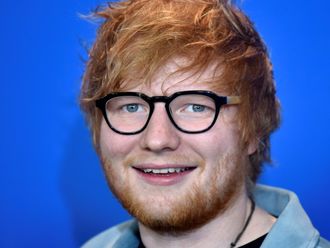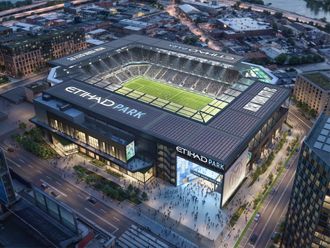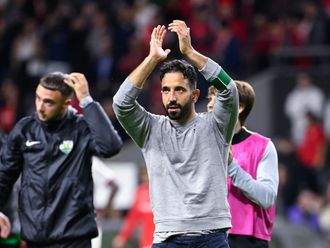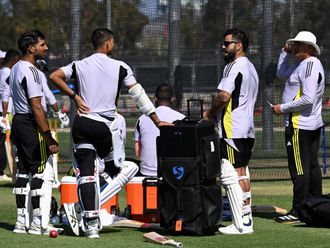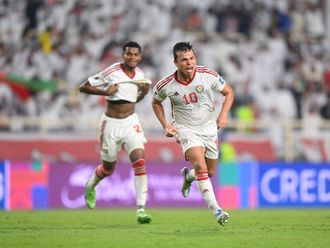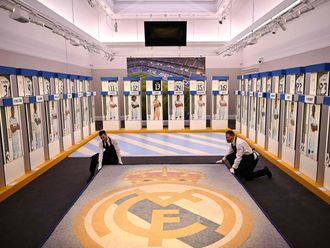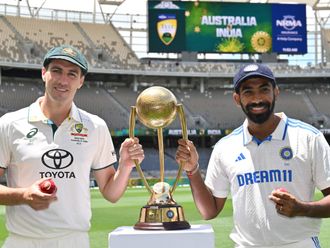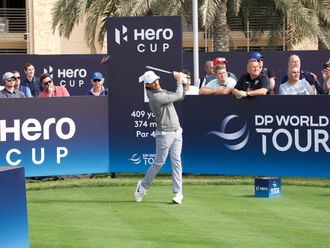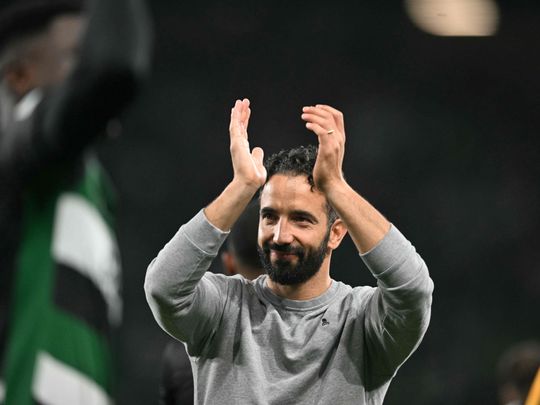
If Sporting’s emphatic victory over Manchester City this week is any indication, Manchester United fans have every reason to be thrilled about Rúben Amorim’s arrival.
The Portuguese side’s 4-1 rout against one of United’s fiercest rivals has undoubtedly raised excitement levels, offering a glimpse of what Amorim could bring to Old Trafford. But while that win has whetted the appetite of the United faithful, the task awaiting the 39-year-old is far from straightforward.
With United languishing in 13th place in the Premier League, the once-mighty club is in desperate need of rejuvenation.
Here, we explore the two critical areas Amorim must focus on to begin repairing the problems at a club that once stood as the pinnacle of English football.
Create an identity
While defeats are an inevitable part of football, it was the manner of Manchester United’s losses during Erik ten Hag’s era that truly troubled the fanbase. Supporters could forgive losses, but not the lack of identity and cohesion that seemed so starkly different from the thrilling style Ten Hag deployed at Ajax.
Back in 2019, he led Ajax to the Champions League semi-finals, building a team that thrived on quick counter-pressing and overloads along the flanks. In contrast, United’s current lineup - including former Ajax players like Antony - appeared either unwilling or incapable of implementing Ten Hag’s tactics effectively.
Perhaps nothing underscored United’s struggles under Ten Hag more than their 3-0 defeat to Liverpool at Old Trafford in September. For Liverpool, it was only Arne Slot’s third competitive match as manager, yet his fingerprints were already evident in their dynamic play. In stark contrast, United still seemed adrift, lacking a clear identity even though Ten Hag had been at the helm since 2022.
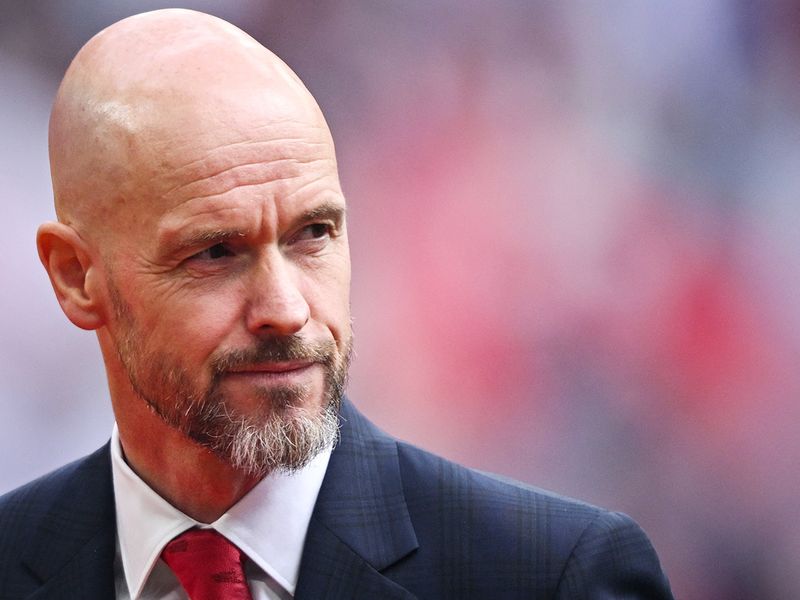
If Amorim is to restore United to the top tier of English football, he must swiftly impose his own vision on the team. At Sporting CP, where he’s enjoyed a highly successful four-year tenure, Amorim established a distinct style that weathered player turnover while delivering results: two Portuguese league titles and two league cups, adding to an earlier league cup win with Braga.
His tactical philosophy at Sporting has been consistent and defined - marked by a short-passing, possession-oriented game, a three-at-the-back formation and an aggressive high press.
Amorim’s system features a flexible back three that shifts to a back five when defending, while his wing-backs serve primarily as offensive assets. They’re responsible not just for providing width but also for creating goal-scoring opportunities and assisting the attack.
This balance between defensive solidity and offensive fluidity has been the bedrock of his Sporting side, and it’s a style that, if successfully implemented at United, could restore fans’ faith.
Of course, adapting United’s current players to such a system will take time and some new signings will likely be necessary to achieve the desired results. But should Amorim replicate even a fraction of the success he’s enjoyed at Sporting, United may have finally found the manager capable of turning the tide and returning them to the heights of English football.
Fix the recruitment
Manchester United’s recruitment under Erik ten Hag has been pretty woeful, resulting in a heavy financial outlay that has yet to yield the desired results on the pitch. Over the course of five transfer windows, the club has spent over £600 million, bringing in 21 new players—nearly half of whom have previous ties to Ten Hag’s former club, Ajax. Despite the investment, many of these high-priced signings have failed to live up to expectations.
The most glaring example of these missteps is Antony, for whom United paid a staggering £85 million. The Brazilian winger arrived with high expectations but has so far proven to be far from the transformative player United hoped for. Last season, he managed only a single goal and assist in the Premier League, and this campaign has fared no better, with his only goal coming from a penalty against League One side Barnsley in the Carabao Cup.
Another costly acquisition, Danish striker Rasmus Hojlund, came with a hefty £72 million price tag. His record of 11 goals in 36 Premier League appearances may not seem terrible on paper, but it’s far from the return United would expect for such a significant investment. His 14 missed big chances indicate a lack of the finishing prowess required to lead United’s frontline effectively. While Hojlund’s young age suggests he has time to develop, United’s current struggles mean they need immediate results -not potential.
The story is similar with other big-money signings like Casemiro, Mason Mount and Matthijs de Ligt, all of whom have failed to make the impact expected of them. United’s transfer dealings have brought in players who, rather than elevating the squad, have instead highlighted the team’s issues.
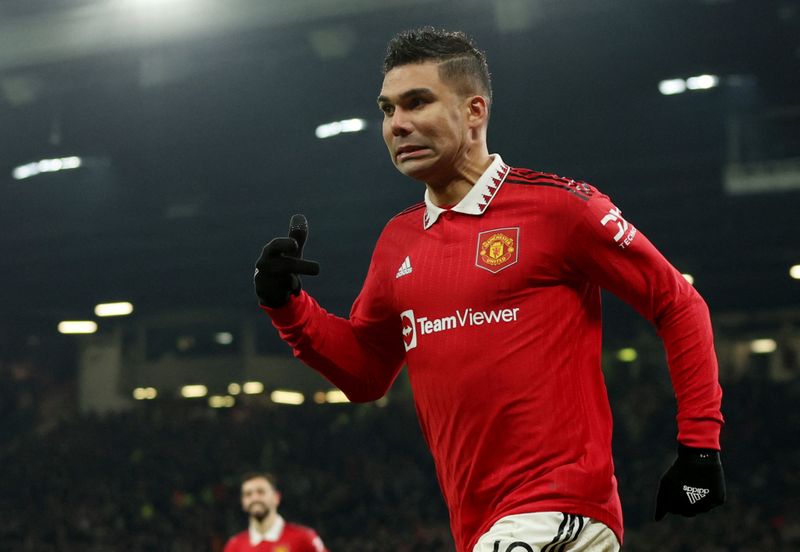
To turn things around, it’s essential that incoming manager Rúben Amorim and Sporting Director Dan Ashworth establish a well-defined recruitment strategy to secure players who can make an immediate impact.
Ashworth, known for his keen eye in the transfer market, previously brought in talents like Sven Botman, Anthony Gordon, and Alexander Isak to Newcastle, each of whom has contributed positively to the squad. Similar acquisitions would have strengthened United’s current lineup, which has only managed nine goals in their first ten Premier League games—a stark indication of their offensive struggles.
United’s next priority in the transfer market should be to secure a proven striker, and a perfect candidate might be found at Amorim’s former club, Sporting CP. Swedish forward Viktor Gyökeres has been on fire in Liga Portugal, scoring 45 goals in just 43 appearances since his move from Coventry City in 2023.
His goal-scoring prowess and physical style would immediately excite United fans and, most importantly, provide the Red Devils with the cutting edge they've been sorely lacking.


